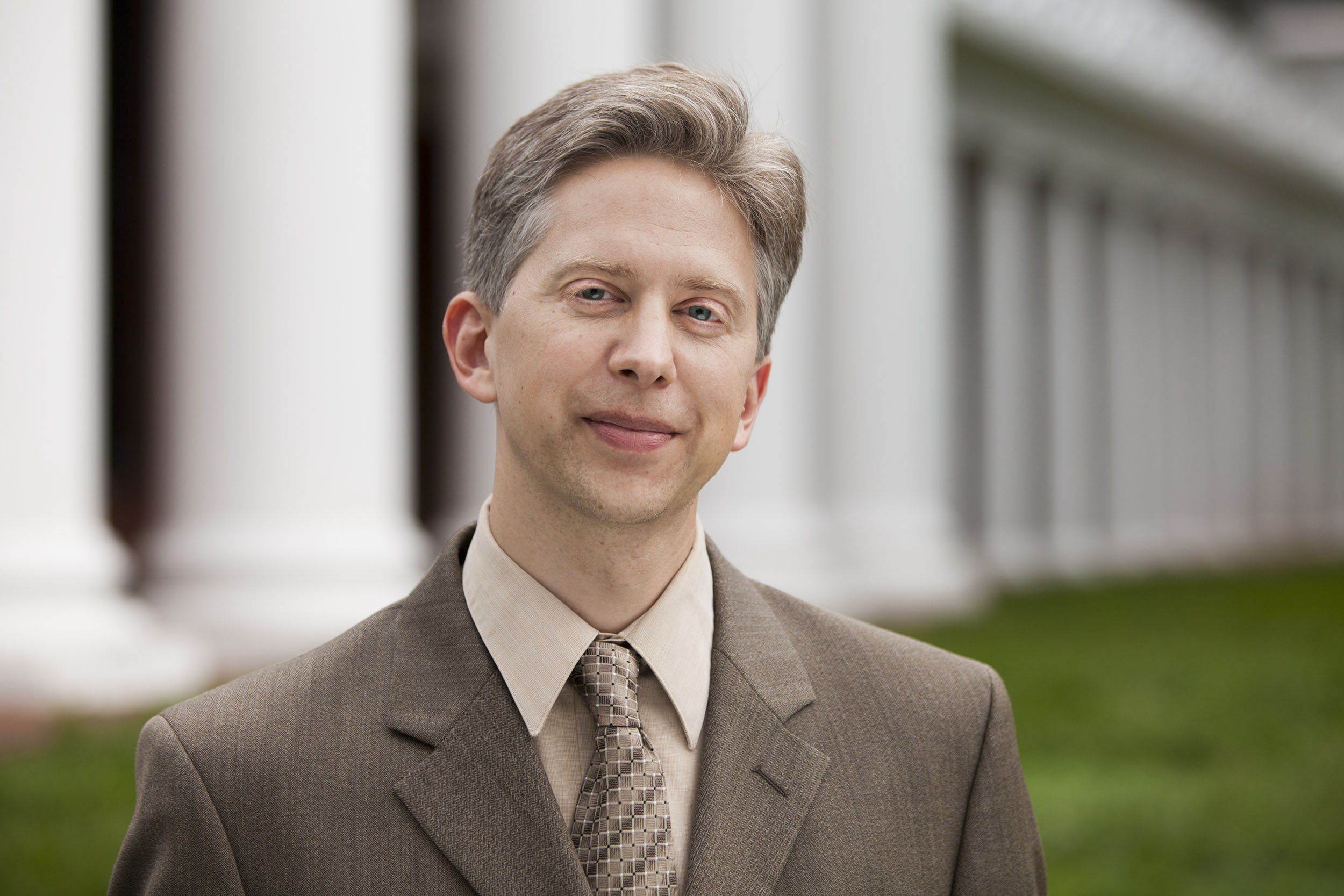Long before Craig Volden began his career as a policy researcher, he dreamed of becoming a rocket scientist.
Growing up in the 1970s, Volden found himself swept up in widespread excitement about space exploration: Satellites were sending photographs of Mars, Jupiter and Saturn back to Earth for the first time. Volden decided to enroll as an aeronautical engineering student at the California Institute of Technology and completed an internship with NASA, designing micro-spacecraft.
Once he stepped into his first political science class, however, Volden’s plans began to change. In high school, he had loved discussing policy challenges in debate competitions, but politics always felt frustratingly unscientific to him. Now he was encountering equations that quantified things like the political stances of members of Congress.
“It was enlightening because I realized that we could apply a scientific approach to issues of government,” Volden said. “We could develop hypotheses, gather data, test those hypotheses and so on. That was revelatory to me.”
After transferring to Stanford University and eventually completing his Ph.D. in political economics, Volden taught at a range of institutions, including The Ohio State University, where he met fellow political scientist Alan Wiseman. The two discussed the models Volden had encountered in his early political science classes at Caltech – and agreed that something was missing.
“Those early equations were mapping members of Congress into how left or right or liberal or conservative they were – and that was a powerful idea. But it wasn’t the whole story,” Volden said.











